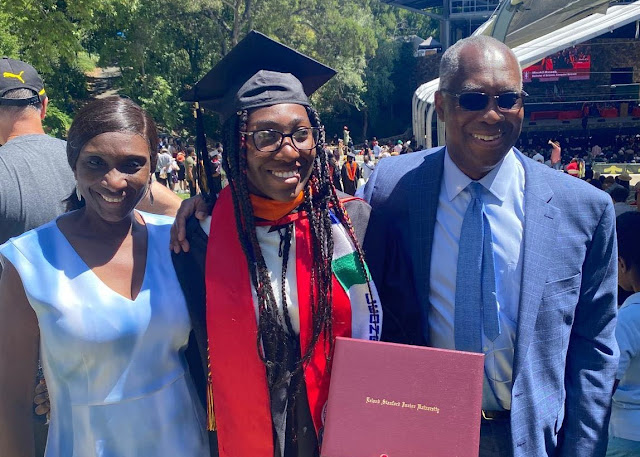Appropriating THINGS FALL APART in the Sierra Leonean classroom
 Chinua Achebe's first novel Things Fall Apart is one of the most widely read books in African literature. To mark the second anniversary of his death, language and literature professor Sheikh U. Kamarah takes a look at Achebe's classic in the Sierra Leonean classroom.
Chinua Achebe's first novel Things Fall Apart is one of the most widely read books in African literature. To mark the second anniversary of his death, language and literature professor Sheikh U. Kamarah takes a look at Achebe's classic in the Sierra Leonean classroom.One of the world’s greatest works of literature in English, Things Fall Apart, has been, and continues to be appropriated by different communities around the world. In West Africa in particular, where the “world” of Things Fall Apart is very similar to the “worlds” of the various communities, it has been easier to appropriate the late Chinua Achebe’s masterpiece.
In
Sierra Leone, Things Fall Apart has
been one of, if not the most popular novel; one that almost every educated
person either would have read or heard about. In teaching this novel, many teachers
in Sierra Leone have invariably relied on the Sierra Leonean culture or aspects
of the Sierra Leonean culture akin to aspects of the culture of the book, to
bring home some of the meanings of the book.
One
important source of the meaning of Things
Fall Apart is the proverb. Proverbs in Things
Fall Apart encapsulate the epistemological framework of Umuofia Society.
Because all the proverbs in Things Fall
Apart can be found in the Sierra Leonean Society, whether it is a Krio,
Mende, Temne, Limba, Kono, Loko, or Soso community, the Sierra Leonean teacher
finds it exciting to teach the proverbs using equivalent proverbs from the students’ community.
For
example, the Sierra Leonean teacher can introduce the proverb in Things Fall Apart in a class lesson using Krio, the national
lingua franca. Remember that one can use any of the languages depending on the
geographical location of the school. In the case of Krio, the teacher can
introduce the lesson with the Krio proverb, kapu
sɛns nɔ
kapu wɔd (“knowledge is more than mere words”). This will then
lead to a discussion of the nature of the proverb and how to extract its
meaning. The teacher can now introduce Achebe’s proverbs along with their Krio
equivalents as shown in the examples below:
1.
“Proverbs are the palm oil with which words are eaten:” Na
parebul gɛt tɔk
2.
“A toad does not run in daylight for nothing;” Akpɔlɔ nɔ de
klem fɛnch fɔ
natin
3.
“If I fall down for you and you fall down for me, it is play:” Fɔdɔm fɔ mi, a fɔdɔm fɔ yu.”
4.
“As a man danced so the drums were beaten for him:” Aw yu dans na so bata de bit fɔ yu.
5.
“When a man says yes, his chi says yes also.” Pɔsin dɛstini de na im yon an
This
is an example of how one can appropriate Things
Fall Apart in a Sierra Leonean classroom.
Another
aspect of the book that is easily adaptable to the Sierra Leonean context is
the ritual. Almost all the rituals can be found in the Sierra Leonean
communities with some slight differences. For example, when something happens
in the Temne village, it is the responsibility of the town crier to inform the
community and if necessary, call a meeting at the town square. The famous call,
“Umuofia kwenu,” is found among the
Temnes in a slightly different version: “kwenu-o,
kwenu-o, kwenu-o.” The function
served by Umuofia kwenu in Igbo
community is the same as that served by kwenu-o,
kwenu-o, kwenu-o in the Temne community. Thus, in Temne land, “Umuofia
kwenu” can be explained in terms of its Temne equivalent.
There
are many other aspects of the novel that are, or can be appropriated in the
Sierra Leonean classroom such as, the concept of Ogbanje or Abiku; naming
ceremonies and the importance of names; adjudication by the egwugwu; marriage
ceremonies; the concept of banishment as punishment for capital crime.



Comments
Post a Comment